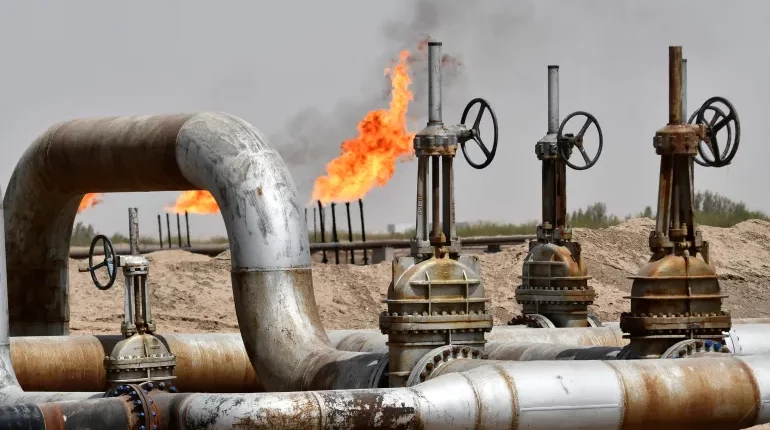Saudi Arabia, the leading global crude oil exporter, has announced a continuation of its voluntary reduction in oil production by 1 million barrels per day, extending the previous deadline set to conclude by the end of December. The extension will span an additional three months, as reported by the state-run Saudi Press Agency.
According to a statement from the Ministry of Energy attributed to an official source, the kingdom will maintain its production at approximately 9 million barrels per day until the conclusion of March 2024. This decision followed discussions among Saudi officials and representatives from other major oil-producing nations held in Vienna on Thursday.
The gathering of the Organization of the Petroleum Exporting Countries (OPEC) and its allied partners (OPEC+) convened to deliberate on further strategies regarding oil supply. Subsequent to the meeting, an announcement was made inviting Brazil, another significant oil producer, to join OPEC+ commencing from the beginning of the upcoming year.
CNN received information from the office of the Brazilian president acknowledging the invitation, stating that it is presently under review.
Upon the release of the Saudi report, both Brent crude, the global oil benchmark, and West Texas Intermediate (WTI) crude, the US benchmark, experienced declines, with a 0.2% drop to $83 a barrel for Brent and a 1.6% decrease to $77 a barrel for WTI. Preceding the meeting, these contracts had been trading around $84 and $79, respectively.
Originally scheduled for Sunday, the ministerial meeting had been postponed to Thursday without a specific explanation provided by OPEC+ last week.
Speculation arose from unnamed OPEC+ sources via media reports suggesting the delay stemmed from disagreements among member nations regarding production levels and the potential associated cuts.
Despite commitments made by the group throughout the year to reduce output by 3.66 million barrels per day until the conclusion of 2024, including supplementary voluntary reductions from Saudi Arabia and Russia, both Brent and WTI prices have experienced declines of approximately 13% and nearly 16%, respectively, since reaching their peaks in late September.
Record levels of crude oil production in the United States, combined with concerns about diminishing global demand for fuel, particularly in China, the largest oil importer globally, have contributed to the downward pressure on oil prices.





